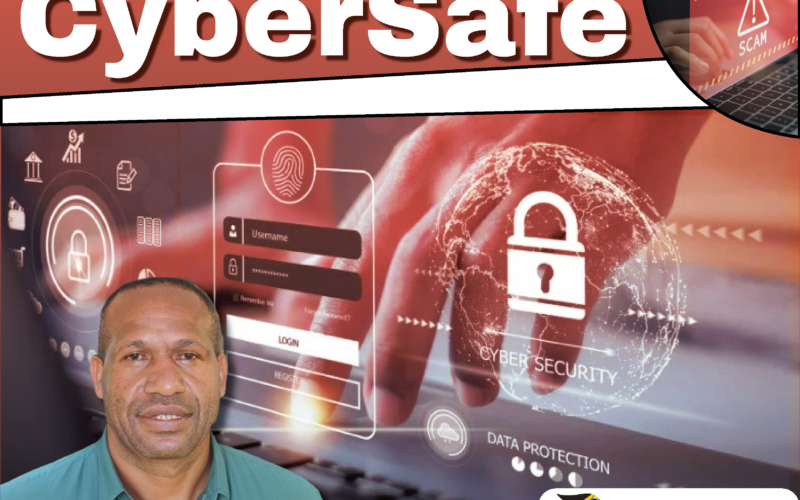The internet has brought incredible opportunities to Papua New Guinea — better education, new business chances, and easier communication. But just like in the real world, criminals are using the internet to trick people. Online scams are rising in PNG, and many people lose money, personal information, and even their identities because they don’t recognize the warning signs.
Scammers are clever. They create fake job offers, pretend you’ve won a prize, or even act like a romantic partner — all to steal from you. The good news? If you know how these scams work, you can avoid them.
Let’s break down the most common scams in PNG, how to spot them, and what you can do to stay safe.
How it works: You get an email or Facebook message offering a high-paying job with little effort. The “employer” asks for a “registration fee” or your bank details before you start.
Red flags:
How it works: You get a call, text, or email saying you’ve won a lottery or contest you never entered. To claim your “prize,” you must pay “taxes” or “processing fees.”
Red flags:
How it works: You receive an email or SMS pretending to be from your bank or mobile provider (e.g., BSP or Digicel). It asks you to “verify” your account by clicking a link and entering your password.
Red flags:
How it works: Someone promises huge profits if you invest in a “secret” business, cryptocurrency, or fast-money scheme. Early investors get paid with money from new victims — until the scam collapses.
Red flags:
How it works: Someone you meet online (on Facebook, dating apps, or WhatsApp) builds trust, then suddenly asks for money for a “medical emergency” or “travel visa.”
Red flags:
Scammers follow the same tricks. Here’s how to catch them early:
1️⃣ Stop talking to the scammer immediately.
2️⃣ Report it to the Bank and Police if your money or personal information was stolen
3️⃣ Warn others — share your story to protect friends & family.
4️⃣ Learn from it — know the signs so it doesn’t happen again.
Scammers win when people stay silent. By learning these tricks and spreading awareness, we can make PNG’s internet safer for everyone.





